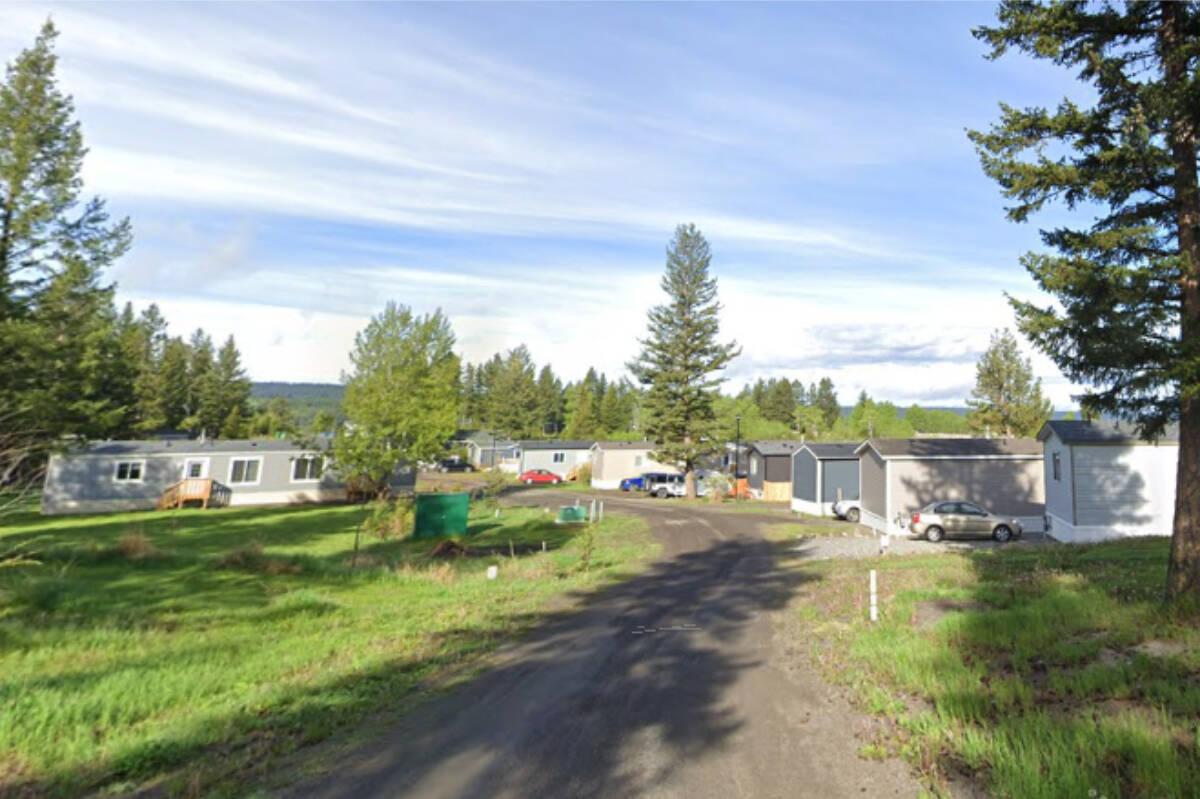New provincial rules announced this week promise to protect B.C. residents who live in manufactured home park — six years after a task force had first recommended the measures.
About 43,000 B.C. households are what Statistics Canada calls movable dwellings. These include mobile homes and dwellings such as houseboats, recreational vehicles and railroad cars. Many of these dwellings — about 75 per cent — are owned outright by individuals, but located on somebody’s else property, usually a designated park, for a tenancy fee, subject to various rules.
In 2018, B.C.’s Rental Housing Task commissioned by former premier John Horgan recommended several measures to better protect those subject to the Manufactured Home Park Tenancy Act.
Under this week’s announced revisions, owners of manufactured home parks can now change tenancy rules just once a year and must give three month’s notice — rather than just two weeks — prior to any change.
Housing Minister Ravi Kahlon said this gives mobile home-owners more certainty.
“People shouldn’t be subject to rules that can change every two weeks,” Kahlon said. “Manufactured home parks are an important option for people in this province, often providing affordable housing. People living in manufactured home parks will benefit from the added stability these changes will bring to the park rules, which can be complicated and sometimes lead to preventable evictions if they are not complied with.”
RELATED: Horgan proposes changes to protect residents of B.C. trailer parks
But the pace of the change also raises the question of why it took so long.
“As you can imagine, there (are) lots of changes we have been doing — whether it’s changes to rent evictions, ensuring that personal use protections are in place — and this is just an additional piece,” he said. “We needed to do further consultations with both residents on those sites, but also land-owners and it was a difficult task to do because often these land owners are in different provinces, in different countries, but we did our best to engage with many of them as we could.”
Manufactured home parks often operate in rural areas of the province, but also in urban areas. The land used for them often appears as an attractive target for speculators to use for more lucrative development opportunities.
While the new rules did not directly address speculation per se, they will make it more difficult for new owners to change the rules, Kahlon said.
“Often, we are seeing the new investors are buying them (manufactured parks), finding ways to just evict everybody with notices, so that they can develop the area,” Kahlon said. “It’s putting a lot of people on the verge (of homelessness) and we believe this is an important change to ensure that these individuals that are living there have the protections that they should have.”

